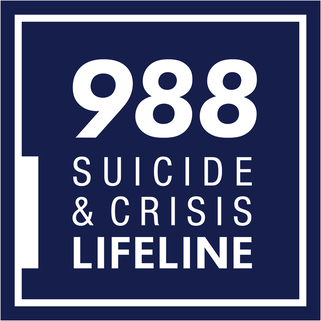|
Often in our lives, the stressors of life just become overwhelming. Our journey to health is hindered. This happens for everyone. And many seek mental healthcare to find help in some way to lessen that internal tension. I’ve sought therapy being burned out by work, struggling with the death of a loved one, not knowing how to get everything done that I believe I should, and feeling inadequate in parenting. All these were true, and therapy helped with each.
But it seems that talking about emotions and feelings is not enough. Something, at times, seems to be missing. You see, we live in a country in which social insecurity abounds. Hatred seems to flourish as images on the news remind us constantly and repetitively that we should be afraid. . . very afraid. Racial, gender, economic, and religious tensions exist between us, and the repetitive nature of the broadcasts enhances the fears. And with that the language to effectively talk about this stuff diminishes. Being part of a targeted group or a group targeting effects us. Our moral sense of ourselves is challenged. This is different from yet connected to our emotional and cognitive selves. None of this lessens the need for coming up with ways to better manage the ups and downs in emotions and anxiety as they relate to specific events and our lives. Those are needed. I’ve used and benefited from them. But often the fear becomes reduced to event specific and the broader insecurity is not addressed. The need is to recognize that it is often the bigger picture which intrudes into our emotional well being and mindfulness. Events such as the clean water crisis in Flint often dominate our news cycles. I would feel on some level silly, going to a therapist and stating “I feel socially insecure. Have you seen what happened in Flint? My sense of moral safety is eroded” And yet I do retain an awareness that those images affect my emotional well being and connect to many other images in our culture as well. My moral experience surrounding these is difficult to frame. Beliefs about women, race, gender and sexual identity, religion, . . . the list goes on. . . and our interactions with them, can induce fear in ourselves and sometimes in others if we share them. They challenge our own moral safety. We are challenged by our moral experience of events often seeing the wrongs in them and feeling insecure. We know something is not right. This is not the way things should be. Experiencing a powerlessness and hopelessness but not even knowing how to speak about it. This moral experience and subsequent moral insecurity can undermine our well being and journey towards health if not acknowledged and addressed honestly. I encourage you to challenge therapists to engage in such discussion to examine the impact of our social insecurities on us so some positive answers can be found. And the journey to health continues.
0 Comments
Leave a Reply. |
|
Please DO NOT use this email address for medication refill requests or for emergency situations.
Click here for refill requests instead of using email: Medication Refill Request Form If you have a medical emergency, email is never the appropriate way to communicate your needs, and you should instead call 911 or go to the nearest ER. If you are having suicidal thoughts and need to speak to someone immediately, you can contact Suicide Prevention Hotline at the number (and link) below. [email protected]
Communications via email are not secure. Although it is unlikely, there is a possibility that the information you include in an email can be intercepted and read by other parties besides the person to whom it is addressed. |
|
2024 Providers for Healthy Living | All Rights Reserved
|

